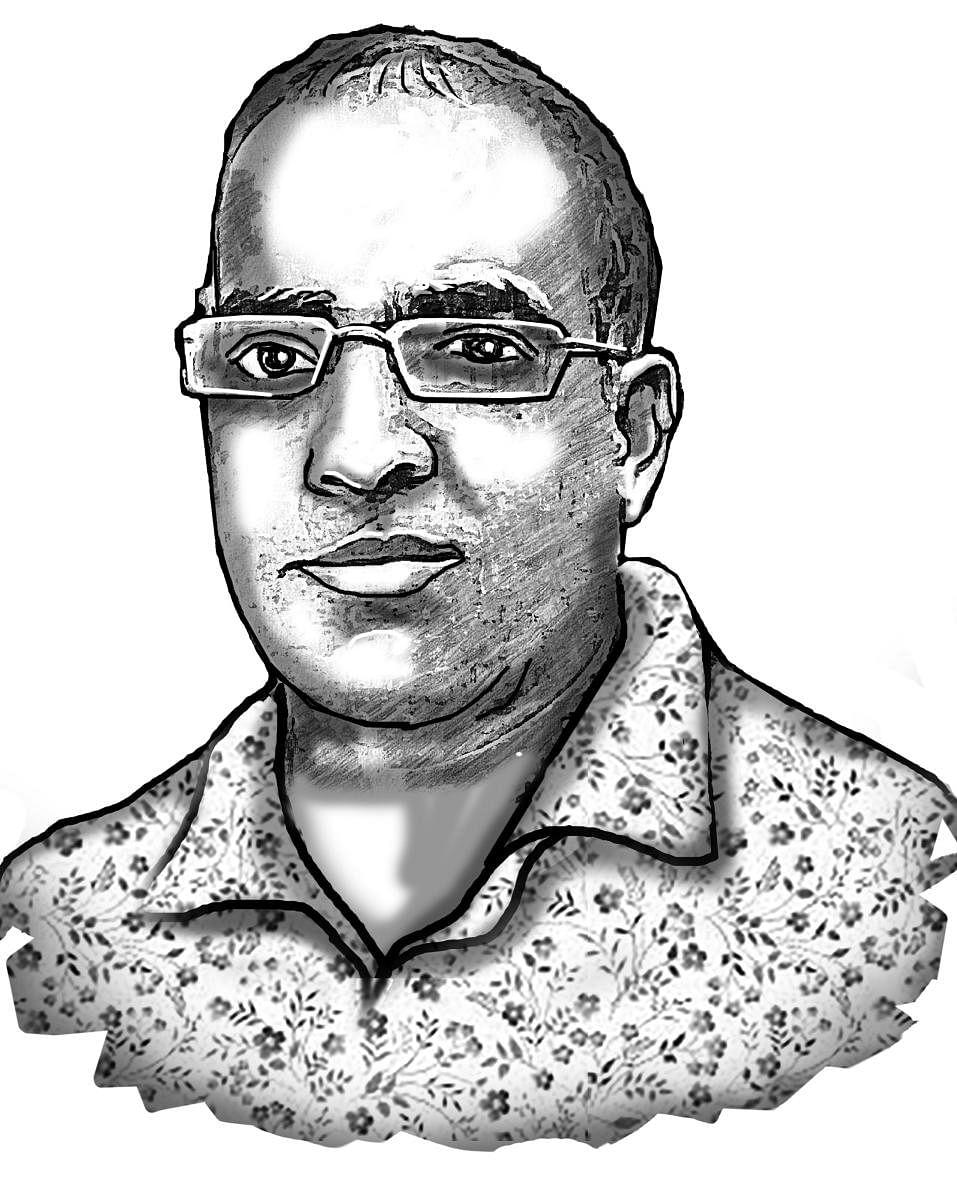
The world’s largest vaccination programme. There’s even a hashtag for it in the pronouncements we see in the press and elsewhere. #WorldsLargestVaccineDrive. There has been no official data showing that India’s population has already surpassed that of China, but since it’s close enough and there isn’t much point in advertising the second largest one, a little fudge is alright, I suppose. We have the most people, sort of, and therefore will be the largest at anything that depends on that headcount.
But it’s also among the world’s slowest vaccination programmes. The ‘drive’ in the hashtag is barely a walk. Among the major industrial nations of the world, we are bringing up the rear by a considerable distance. At the current pace of vaccination, we will finish giving the second dose to all adults by sometime in the middle of 2022. That means that if -- and most likely when -- the third wave hits, we will still have lots of people who are vulnerable to it. And that’s assuming the vaccines we have continue to work on future variants of the virus.
How did we land up in such a bad situation? There are lots of explanations, most of them focusing on some technical thing or the other. Procurement, production, regulation, transportation, personnel, etc. But above all of these is a sweeping reason that cuts across all of them. The people we have entrusted to do the job don’t know how to do it.
Read more: Carry momentum forward, ensure pace of testing doesn't go down: PM Modi at Covid-19 vaccination review meet
The science of the virus is too much for our low level of governance to tackle. The public has been making heroes out of all sorts of leaders based on their ability to win elections. But when it comes to winning real world battles, most of them are down and out. Admittedly, the virus is considerably bigger than any problem that political leaders anywhere have seen, but our relatively weak response shows that we are more vulnerable because of our weak governance.
For several months, we simply refused to acknowledge that there is an order in which we have to tackle this -- science, health, then administration. We reversed the order, believing that some magically new and better administration by our respective favourite leaders will somehow defeat the virus, forgetting that the whole world was doing something else, with the exception of lampooned quacks like Jair Bolsonaro.
Now, belatedly and with our backs to the wall, we are forced to confront all the things we have been blind to -- slow vaccination, variants, lack of genome sequencing, no public data, weak logistics, and so much more. And it’s becoming painfully obvious that it’s not blindness that afflicts us. Our leaders have closed their eyes, afraid to open them but pretending in bravado that we can defeat the virus with our eyes closed -- and hoping that no one can see that. Or at least, since their eyes are closed, they can’t see that everyone can see that.
The evidence from the pandemic is stark and immediate, but the failure is visible more widely even when we look at other aspects of development. Consider education, nutrition, women’s participation in public life and workforces...the slow progress is all-round. And while various leaders have appeared on the stage as champions of causes, after 75 years in which they’ve been running the country, it’s very hard to look back at any of them and point to specific things they did to bring India anywhere close to ‘developed’ status.
Day in and out, news reports are full of ‘senior’ leaders who are veterans of politics. Maybe, but apart from a small few, they are amateurs at solving problems. In fact, most of them cannot even describe the problems that confront us properly and articulate a solution to them. This is the reason we have fallen behind so many countries in coming out of the pandemic. It’s also the reason why some countries that we once looked down at are now passing us in development indicators. Competence matters. And not just during a pandemic.
It’s alright to live with a few exaggerations; that happens in every country’s politics. But what we’re doing is bizarre. We have become used to repackaging evident and widespread failure as success, and celebrating leaders who have delivered that. This is a huge pit we have fallen into, and coming out of it will not be easy.
Why? Because the public is also guilty of this. We find it easier to pretend that our leaders are achieving great things, even when it’s evident from objective data that they are not. Going along with their dubious claims seems easier than acknowledging that we’ve put such people in elected office repeatedly, and that it’s up to us to start changing that. So, sitting in the passenger seat of the car and observing that the driver has shut his eyes, we too have closed ours, hoping that the dangers we don’t see don’t exist.
Partisan politics is feeding the emergence of political leaders who simply aren’t up to the complex jobs they need to do today, to serve the public properly and to keep India competitive with the rest of the world. Citizens know that such leaders are not up to the task, but we are also accomplices to this charade. The politicians are veterans of non-performance, and we are veterans of hailing their non-performance. Together, we have constructed amateurish responses to complex and serious problems.
(Ashwin Mahesh is a social technologist and entrepreneur, founder of Mapunity and co-founder, Lithium, wakes up with hope for the city and society, goes to bed with a sigh, repeats cycle @ashwinmahesh)